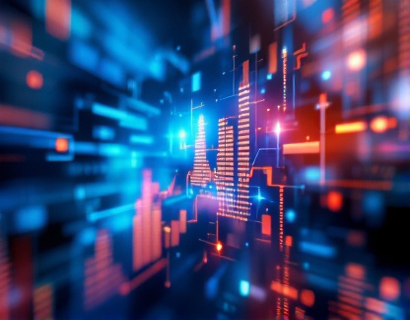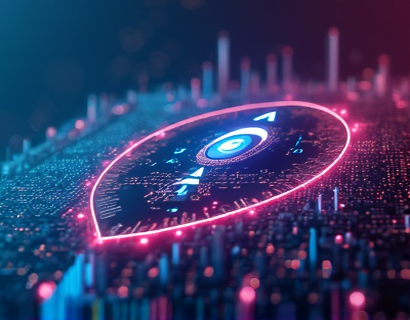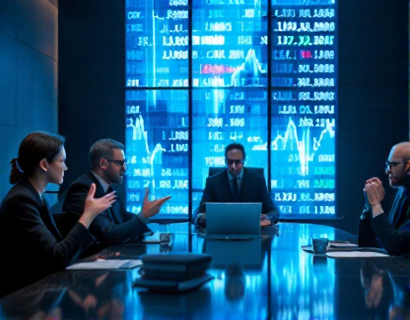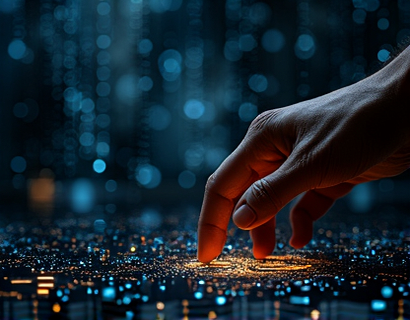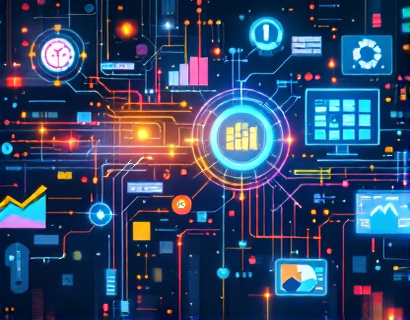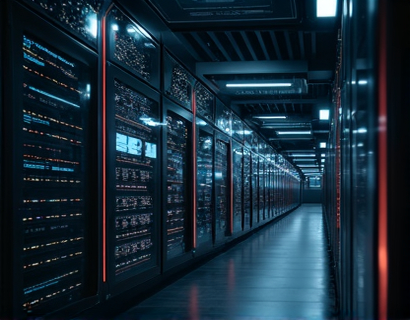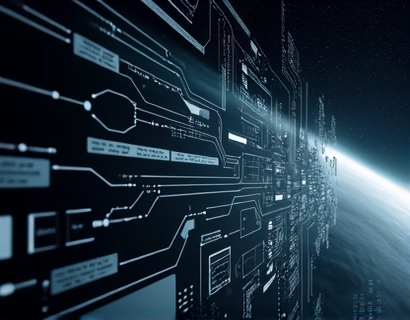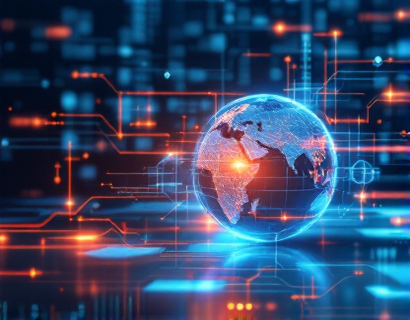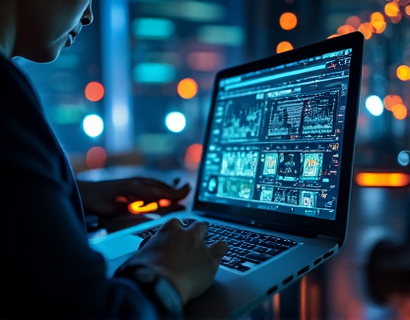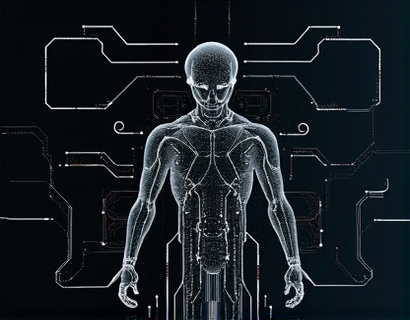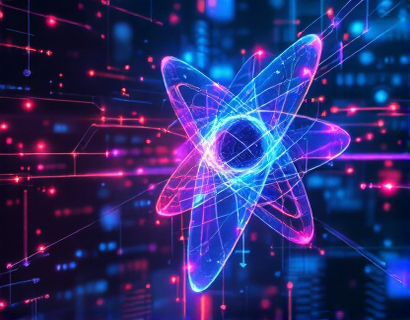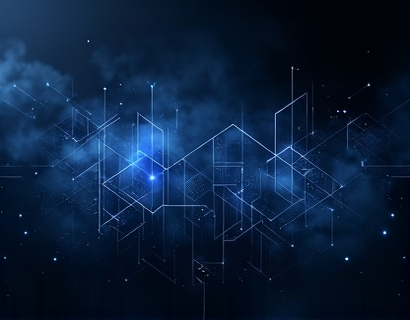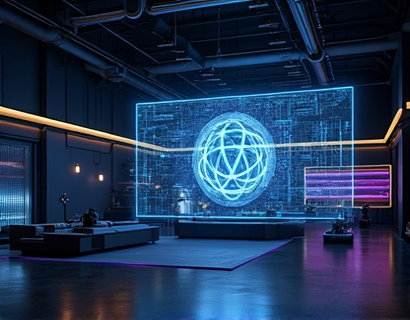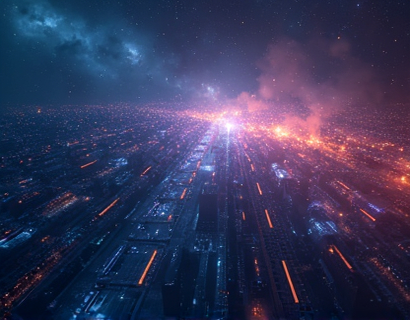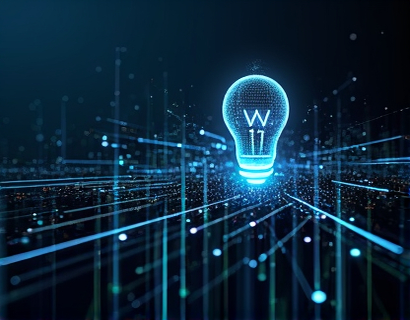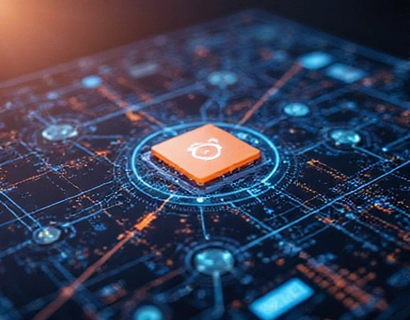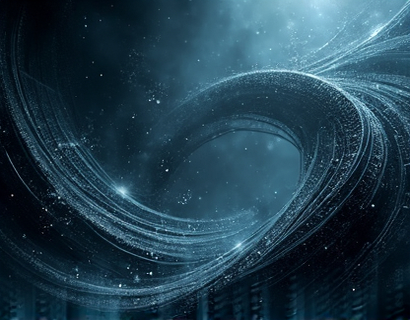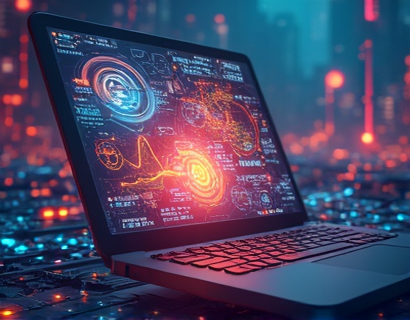Decentralized AI: Transforming Ucosystem Applications with Crypto Innovation
The convergence of cryptocurrency and artificial intelligence (AI) is ushering in a new era of digital innovation, fundamentally transforming the way we approach and interact with technology. This integration, often referred to as Decentralized AI, leverages the unique strengths of both domains to create more efficient, secure, and user-centric applications. As we delve into this transformative landscape, it's essential to understand the core principles and the profound impact these technologies are having on various sectors, from finance to healthcare, and beyond.
The foundation of Decentralized AI lies in the synergy between blockchain technology and machine learning. Blockchain provides a decentralized, transparent, and tamper-proof ledger for data storage and transaction processing, while AI brings intelligent automation and predictive analytics to the table. Together, they offer a powerful toolkit for developing applications that are not only more robust but also more resilient to cyber threats and data breaches.
One of the key advantages of Decentralized AI is its ability to enhance data privacy and security. Traditional AI systems often rely on centralized data repositories, making them vulnerable to hacking and unauthorized access. In contrast, Decentralized AI distributes data across a network of nodes, ensuring that no single point of failure exists. This distributed approach not only protects sensitive information but also empowers users by giving them greater control over their data.
Another significant benefit is the improvement in data quality and accessibility. In a decentralized ecosystem, data is not siloed within individual organizations but is shared across the network. This openness fosters collaboration and innovation, as developers and researchers can access a wealth of diverse data sets. Machine learning models trained on such comprehensive data are more accurate and reliable, leading to better decision-making and more effective solutions.
The integration of cryptocurrency into this ecosystem further enhances the value proposition. Cryptocurrencies, particularly those built on blockchain, offer a seamless and secure method for transactions and incentivization. Smart contracts, self-executing contracts with the terms directly written into code, automate and enforce agreements without the need for intermediaries. This reduces costs and increases efficiency, making Decentralized AI applications more accessible and cost-effective.
Let's explore some of the latest advancements in Decentralized AI and how they are revolutionizing various applications. In the realm of finance, Decentralized Finance (DeFi) platforms are redefining traditional banking and investment processes. These platforms use AI to optimize trading strategies, manage risk, and provide personalized financial advice. The decentralized nature of these platforms ensures transparency and reduces the risk of fraud, making financial services more inclusive and equitable.
In healthcare, Decentralized AI is transforming patient care and medical research. AI algorithms can analyze vast amounts of medical data stored on a blockchain, identifying patterns and predicting outcomes with high accuracy. This not only speeds up diagnosis but also personalizes treatment plans based on individual patient data. Moreover, patient data is securely shared among healthcare providers, ensuring continuity of care and improving overall health outcomes.
The Internet of Things (IoT) is another area where Decentralized AI is making significant strides. Smart devices generate and consume large volumes of data, which can be processed and analyzed in a decentralized manner. AI-driven analytics can optimize device performance, predict maintenance needs, and enhance user experiences. For instance, smart home systems can learn user preferences and adjust settings automatically, creating a more intuitive and efficient living environment.
In the supply chain industry, Decentralized AI is enhancing transparency and efficiency. Blockchain ensures that every transaction and movement of goods is recorded and verifiable, while AI algorithms can predict demand, optimize routes, and reduce waste. This combination not only streamlines operations but also builds trust among stakeholders by providing a clear and immutable record of the entire supply chain process.
The creative industry is also benefiting from Decentralized AI. Content creation, from music and art to writing and video production, can be augmented by AI tools that generate ideas, refine techniques, and even create original works. These tools are accessible through decentralized platforms, allowing creators to collaborate and monetize their work directly, without the need for traditional intermediaries. This democratization of creativity is opening up new opportunities and fostering innovation.
To fully leverage the potential of Decentralized AI, it's crucial to understand the underlying technologies and their applications. Blockchain provides the infrastructure for decentralized data storage and transaction processing, ensuring security and transparency. AI, particularly machine learning and deep learning, brings the intelligence and automation needed to analyze and act on this data. When combined, they create a powerful ecosystem that can drive significant advancements across various industries.
One of the key challenges in adopting Decentralized AI is the technical complexity involved. Developers need to have a solid understanding of both blockchain and AI to build effective solutions. However, as the technology matures, more user-friendly tools and frameworks are emerging, making it easier for non-experts to harness these capabilities. Educational resources and community support are also playing a vital role in bridging the knowledge gap.
Another consideration is the regulatory landscape. As Decentralized AI applications become more prevalent, governments and regulatory bodies are starting to take notice. Ensuring compliance with data protection laws and financial regulations is essential for the widespread adoption of these technologies. Collaboration between tech developers, regulators, and industry stakeholders is crucial to create a balanced and supportive environment.
Looking ahead, the future of Decentralized AI is promising. As blockchain technology continues to evolve, we can expect improvements in scalability, interoperability, and energy efficiency. The integration of quantum computing and advanced AI algorithms will further enhance the capabilities of Decentralized AI systems, opening up new possibilities in areas such as drug discovery, climate modeling, and beyond.
In conclusion, the convergence of cryptocurrency and AI is not just a technological trend but a transformative force reshaping the digital landscape. By enhancing data security, improving data quality, and enabling new forms of collaboration and innovation, Decentralized AI is set to revolutionize how we interact with technology. As we continue to explore and develop these cutting-edge applications, the potential for positive impact across various sectors is immense. Embracing this revolution can lead to more efficient, secure, and user-centric digital workflows, paving the way for a brighter and more connected future.




